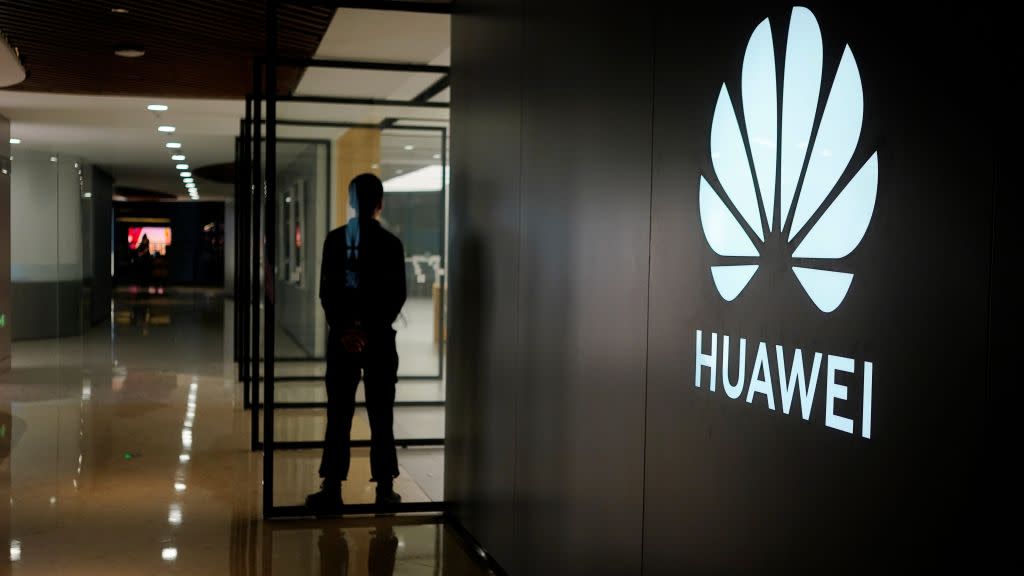Huawei AI could power self-driving cars in Europe and China by 2021

“There’s a saying in Huawei, the company spends the first decade of the century on base stations, the second decade on mobile phones, and the third decade on car technology,” Dai Hui, a former Huawei employee, wrote on a Chinese auto news blog (link in Chinese) June 13.
And Huawei seems to be following this exact path.
The Chinese telecoms giant is looking to ship a self-driving car using its own AI technology in 2021 or 2022, Huawei’s chief strategy architect Dang Wenshuan told the Financial Times (paywall) June 12. Huawei is providing its AI infrastructure to a number of high-profile carmakers, including Audi, and China’s state-owned carmakers, GAC Group, Beijing New Energy Automobile, and Changan Automobile.
Dang said that the first self-driving cars are likely to come from Chinese manufacturers, but that they will be available in both Europe and China.
The news comes as Huawei’s facing immense pressure in the US, after landing on the country’s “entity list,” which effectively bans US companies from selling components to the company and its 68 non-US affiliates, starting in mid-August. While Huawei remains positive about making profits from its PC business this year after it crossed the $100 billion sales milestone in 2018, it’s undoubtedly facing pressure to seek other revenue sources.
Autonomy is a natural next step for the company, scandals aside. Huawei’s strong position in 5G mobile technology has made it the primary choice for many carmakers looking to introduce the communications technology to their cars. At April’s Shanghai auto show, it claimed to roll out the first 5G communication hardware for cars, and a swath of Chinese state-owned carmakers (including Dongfeng Motor, FAW Group, and Changan Automobile) have signed with Huawei to use its 5G radios, which will make it possible for cars to communicate in real-time with each other, as well as potentially enable other smart-city and traffic-management applications down the road.
Beijing has also set ambitious targets of having “intelligent vehicles” (ones that can at least drive themselves under specific conditions) make up half of the new vehicles produced by 2020. Leading Chinese tech firms including search giant Baidu, e-commerce firm Alibaba, and gaming and social company Tencent all researching and investing in autonomous technology. Every automaker today rattles on about some degree of autonomous driving in their new models in the world’s largest auto market. Huawei said it’s looking at producing cars with level 4 automation, which is where a car can drive itself within a well-mapped area.
But Huawei needs to address two pressing issues. With the US ban going into effect soon, it will need to make sure its autonomous technologies don’t need to rely on any key components from the US. That’s already been a struggle for other divisions within the company—it’s had to postpone its latest MateBook laptop after losing access to Microsoft’s Windows system and Intel’s processors, The Information reported. And then there’s the fact that China’s auto market is slowing, meaning seeing any return from its nascent auto division may be a long time out.
Correction, June 15: This article has been amended to reflect that Huawei is providing self-driving technology to state-owned carmaker GAC Group, not Japanese-Chinese joint venture GAC Toyota.
Looking for more in-depth coverage? Sign up to become a member and read more in-depth coverage of China’s electric-car boom in our field guide.
Sign up for the Quartz Daily Brief, our free daily newsletter with the world’s most important and interesting news.
More stories from Quartz:

